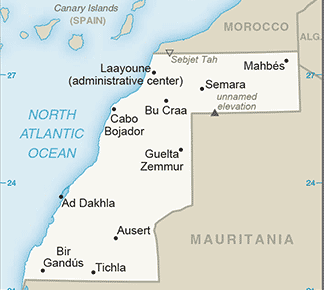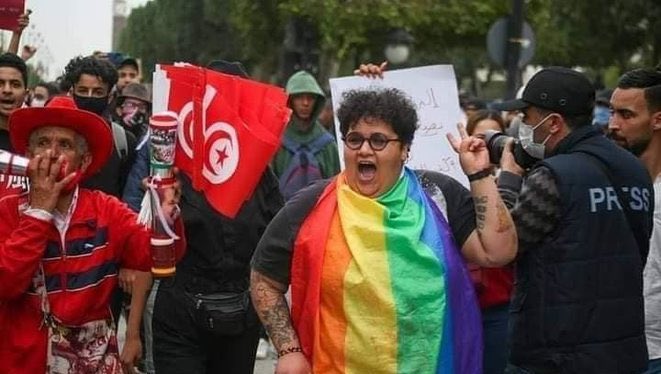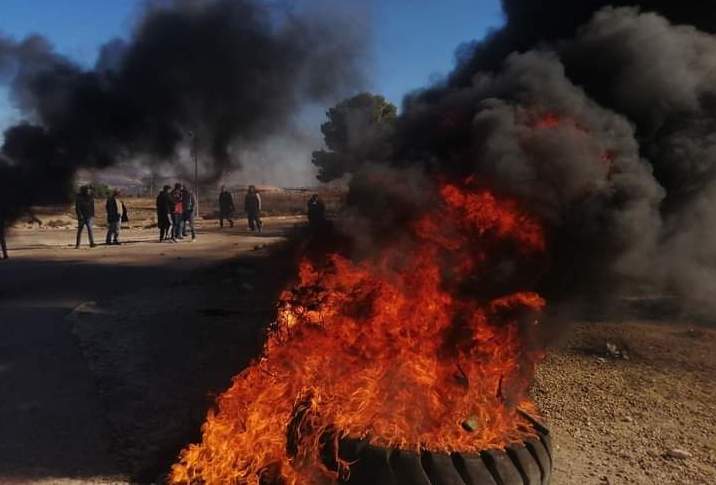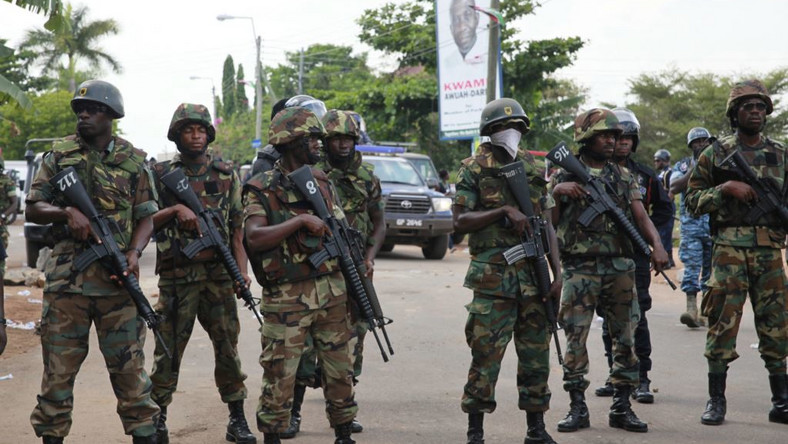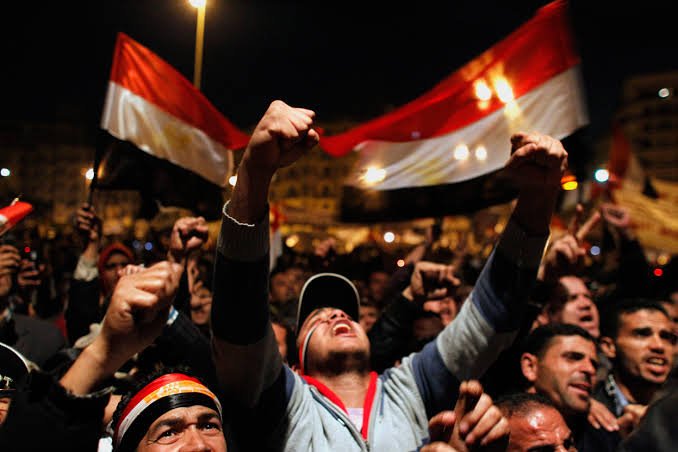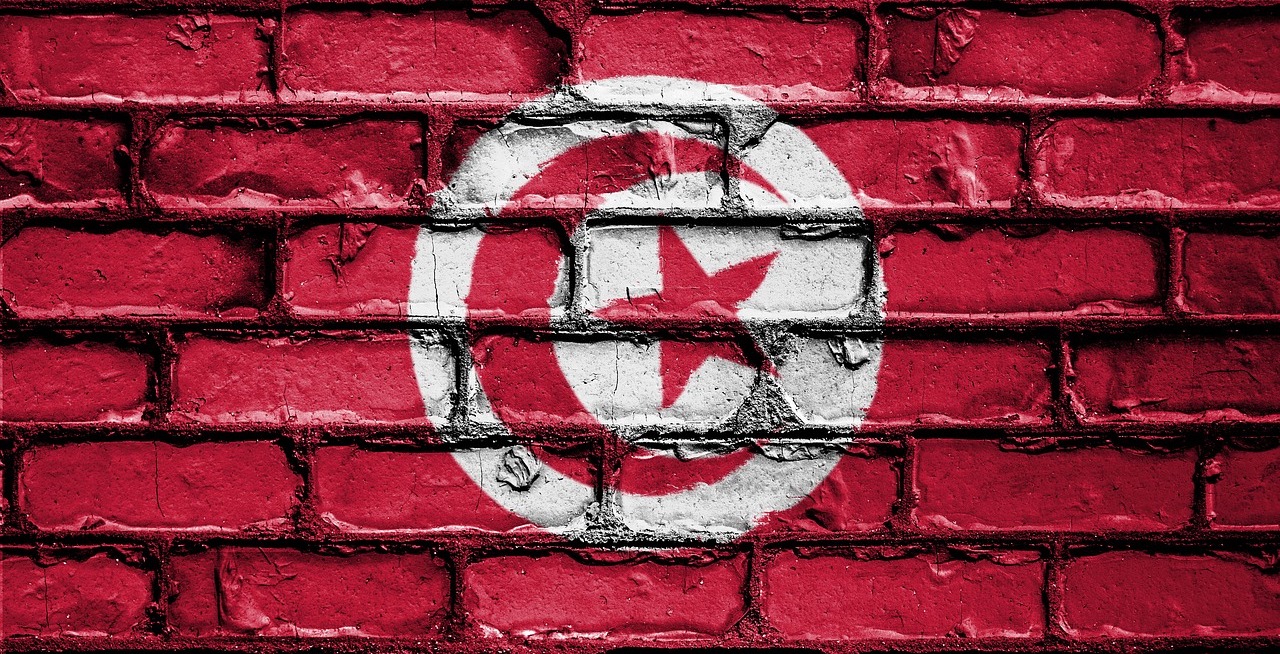
Tunisia: president accused of ‘coup’
Tunisian President Kais Saied was accused by opposition parties of launching a “coup” with the help of the country’s military after firing the prime minister and freezing parliament. The move comes after anti-government protesters took over the streets of the capital Tunis, expressing dismay over ongoing economic turmoil and a demonstrably poor response to the COVID-19 pandemic. Recent loan negotiations with the International Monetary Fund aimed at controlling mass inflation further raised the ire of Tunisians; terms require Tunisia to raise taxes, set higher prices on goods, and implement austerity policies reducing public-sector employment and programs. (Image: Pixabay)



